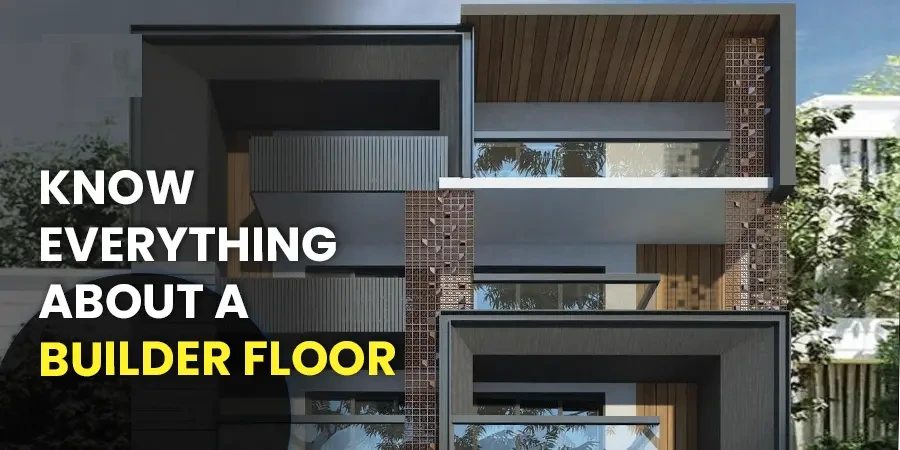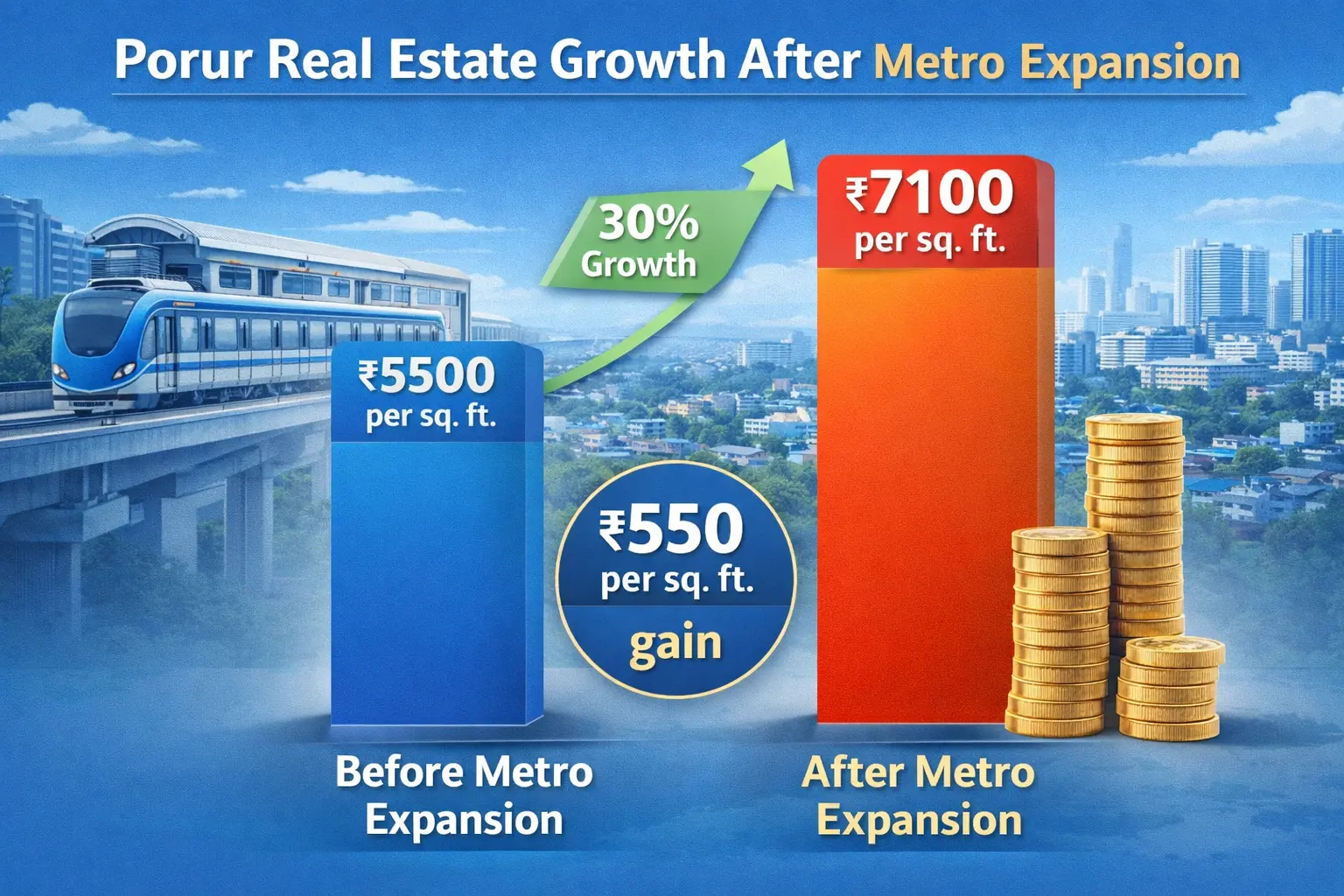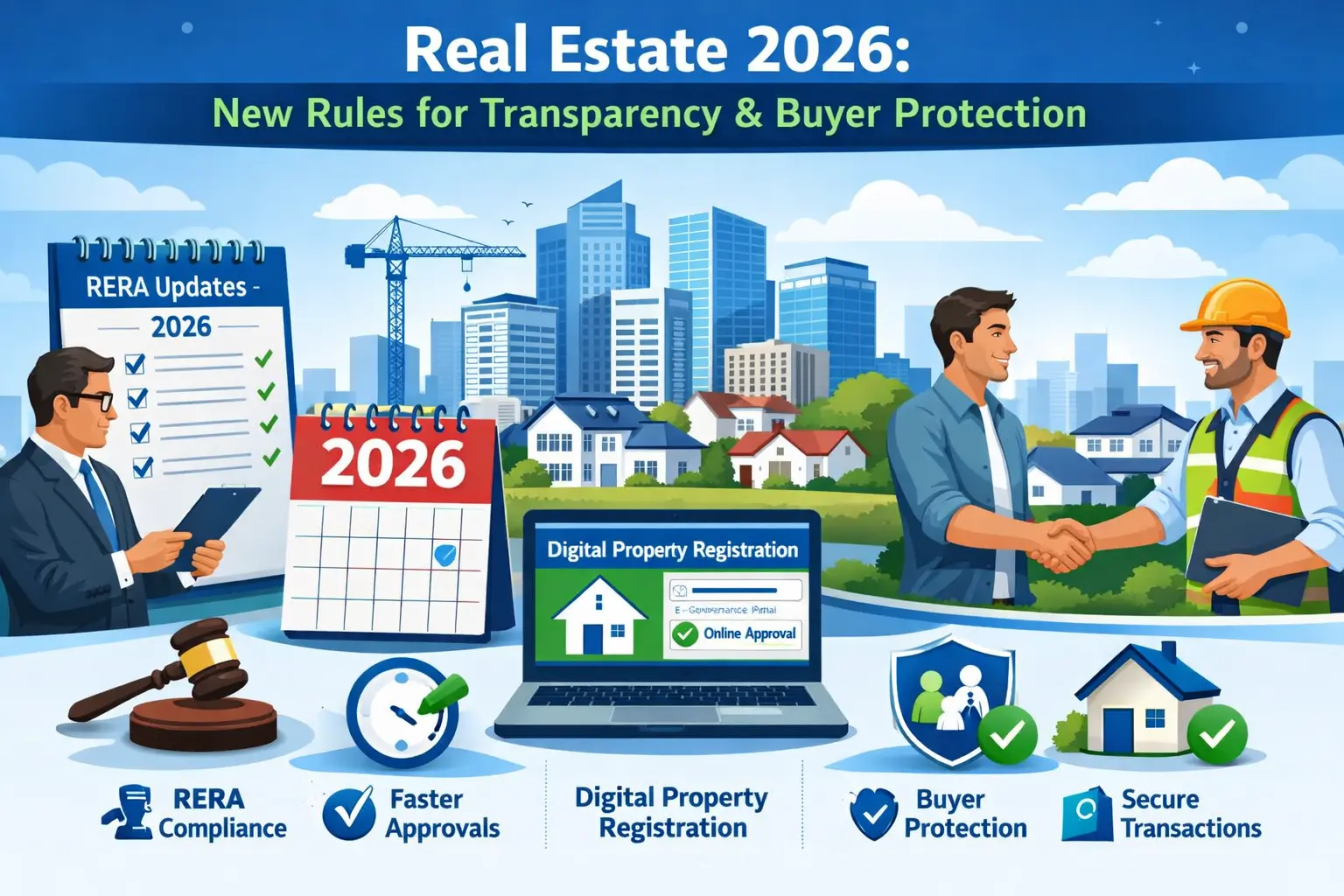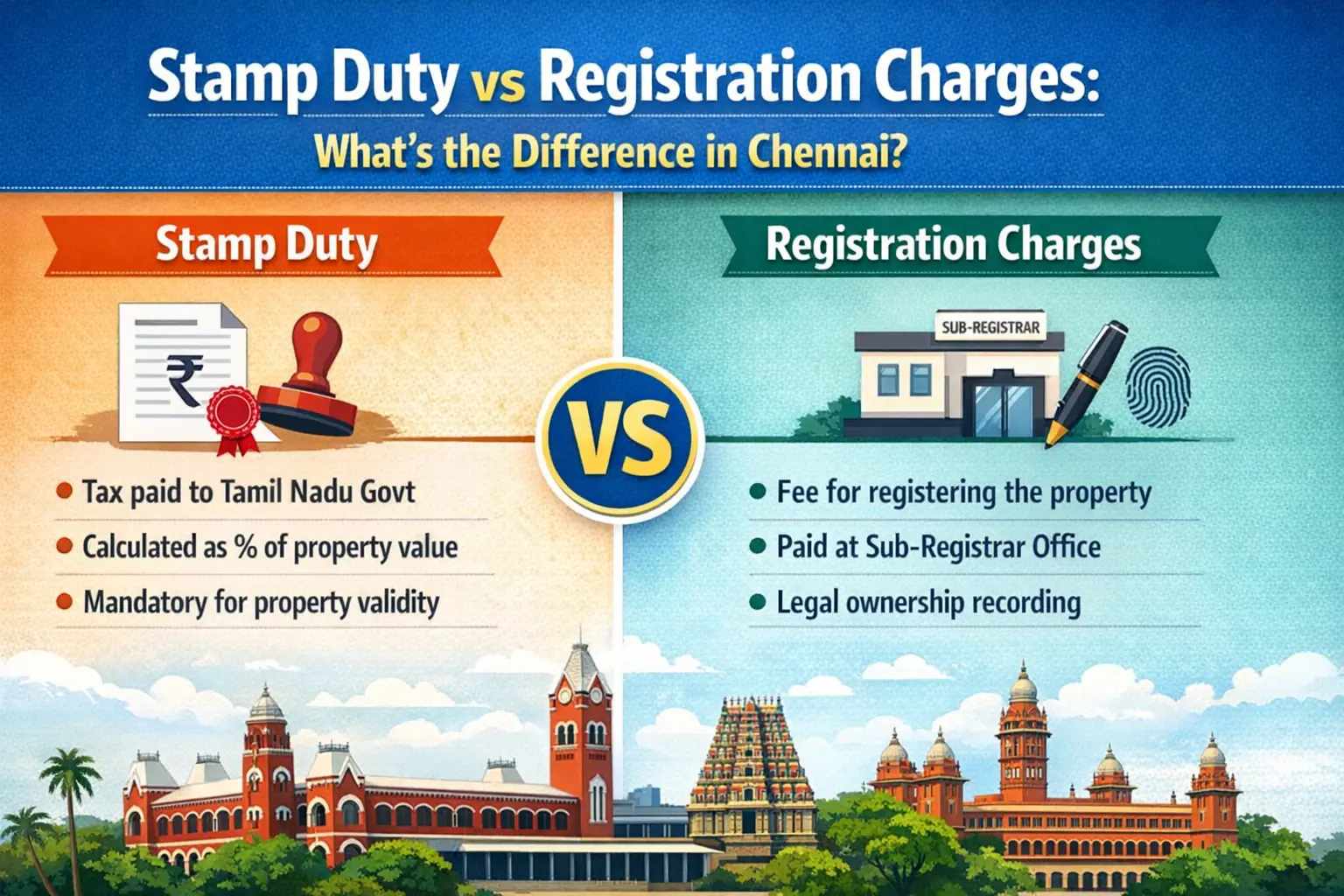When it comes to buying a builder floor apartment, it's essential to understand the legal aspects to ensure that your investment is sound and protected. Unlike traditional high-rise apartments, builder floor apartments involve unique considerations due to the nature of the property ownership, construction, and agreements.
1. Title of the Property
- Freehold vs. Leasehold: Ensure that the builder floor you are purchasing has a clear and marketable title. Typically, builder floors are sold on a freehold basis, meaning you own the property and land outright. However, some builder floor apartments may be sold on a leasehold basis, where you only own the structure and have a lease agreement for the land.
- Verification: It’s crucial to check the property’s title deed for any encumbrances, disputes, or ongoing litigation. You should also ensure that the builder has the legal rights to construct and sell the floor.
2. Builder’s Approval and Permissions
- Construction Approvals: Make sure that the builder has obtained all the necessary approvals from local authorities, such as building permits and zoning clearances. These approvals confirm that the construction complies with local regulations.
- Occupancy Certificate: The builder must have an Occupancy Certificate (OC), which indicates that the building is fit for habitation. Without an OC, the property may not be legally considered habitable.
- Completion Certificate: This certificate is issued once the construction is completed and verified according to the approved building plans. It ensures that the builder has adhered to all safety, structural, and regulatory norms.
3. Sale Agreement and Documentation
- Sale Agreement: When purchasing a builder floor apartment, make sure the agreement outlines the terms clearly, including the sale price, payment schedule, and timelines for possession. Ensure that both parties sign the agreement and that it is legally registered.
- Stipulations and Conditions: The agreement should include specific clauses related to the builder’s obligations, including the quality of construction, possession timelines, and any penalties for delays. It’s also crucial to include provisions for the protection of your interests, such as warranties on construction quality and materials.
4. Floor Plan and Specifications
- Approved Plans: Verify that the builder is constructing the floor according to the approved layout plans. Ensure that the floor area, design, and structure match what was agreed upon, and that no unauthorized alterations have been made.
- Carpet Area vs. Built-Up Area: Understand the difference between carpet area (actual usable area) and built-up area (includes walls, common areas, etc.), and make sure these measurements are clearly mentioned in the agreement to avoid discrepancies.
5. Ownership and Common Areas
- Independent Ownership: In most cases, builder floor apartments involve independent ownership of the floor. You need to confirm that you will have exclusive ownership of the specific floor, and there are no shared walls or areas that could cause disputes later.
- Common Area Rights: If the builder floor is part of a larger property or group of floors, ensure that the agreement clarifies ownership rights for common areas like staircases, parking, and lifts. These shared spaces may be managed by an association or the builder until the project is fully completed.
| "BEST BUILDER FLOOR APARTMENT IN CHENNAI" |
6. Registration of Property
- Property Registration: The sale of a builder floor apartment must be registered with the local sub-registrar office. This step legally acknowledges the transfer of ownership and protects your rights as a buyer.
- Stamp Duty: Stamp duty is mandatory for the registration process. The amount is typically a percentage of the property’s sale value or the government-assessed market value, whichever is higher. Make sure the stamp duty is paid promptly and the relevant documents are registered.
7. RERA Compliance (Real Estate (Regulation and Development) Act)
- RERA Registration: The builder floor apartment should be RERA (Real Estate Regulatory Authority) registered. This ensures the builder is accountable for timely project delivery and transparency in project specifications. RERA registration also provides you with legal protection against delayed possession or quality-related issues.
- Builder Accountability: If there are delays, quality issues, or failure to deliver as per the contract, RERA ensures that buyers can lodge complaints and seek resolutions.
8. Taxation and Ownership Issues
- Property Taxes: Ensure that the builder has cleared all property taxes related to the land and construction. Unpaid property taxes can become a legal burden on the new owner.
- Legal Disputes: Check if there are any ongoing legal disputes involving the property, including boundary issues, land ownership, or encroachments. These issues may affect your ability to sell or transfer the property in the future.
- Inheritance and Succession: If purchasing an inherited builder floor, verify the legal heirship and ensure that all necessary succession or probate documents are in place.
9. Financing and Home Loan Approval
- Home Loan Eligibility: Builder floor apartments can sometimes pose challenges when securing home loans, particularly if the property is not part of a larger gated community or if the builder’s paperwork is not in order. Ensure the builder floor is approved by major financial institutions for loans.
- Builder’s Credibility: Lenders will assess the builder’s track record, so it's crucial to research the builder's reputation. Look into reviews, past projects, and any complaints that may have been lodged.
10. Dispute Resolution and Exit Clause
- Dispute Resolution Mechanism: The agreement should include provisions for handling disputes, such as arbitration or legal proceedings. This helps resolve issues in case of disagreements between you and the builder.
- Exit Clause: Include an exit clause in the agreement in case either party needs to back out of the deal. It should specify the conditions under which the agreement can be canceled and what compensation, if any, will be provided.













